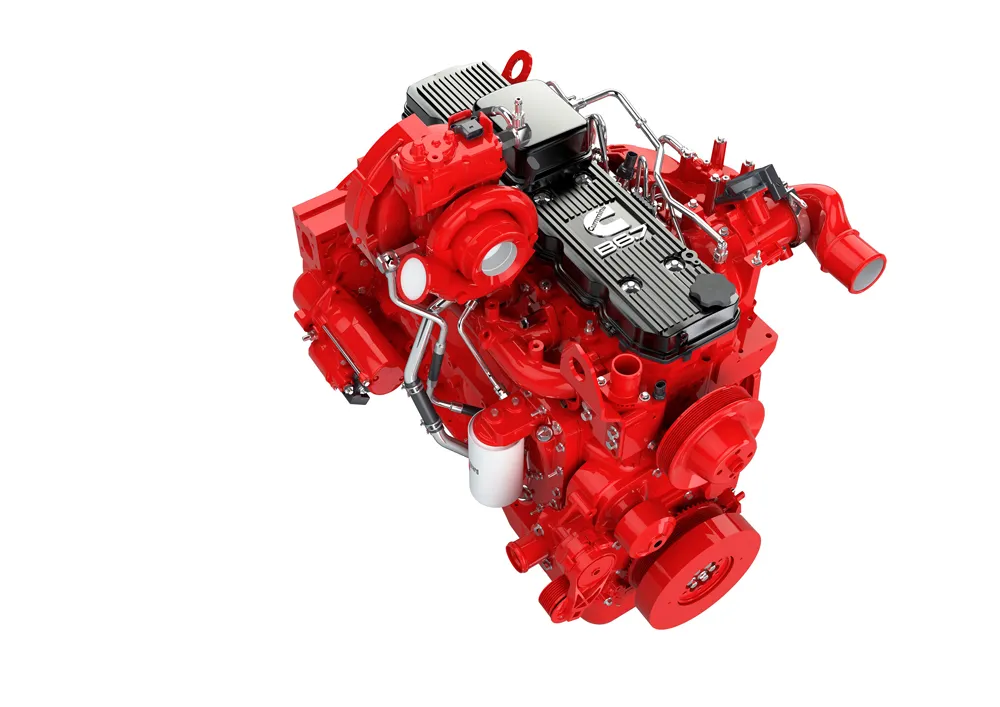A new design and development facility has now been established in Japan that will focus on advanced environmentally-friendly vehicles and traffic technology.
February 23, 2012
Read time: 1 min
A new design and development facility has now been established in Japan that will focus on advanced environmentally-friendly vehicles and traffic technology. The laboratory forms part of the 1011 Nagoya University and will develop new technologies for machinery, materials, information technology, electronics, engineering and traffic. The facility has revealed that it will partner with 1013 Toyota Motor to research new vehicle projects and also plans to team up with other vehicle manufacturers as well as universities in the US, China and Germany. Electric, hybrid, hydrogen and fuel-cell driven vehicles will be worked on at the facility, which is now the largest of its kind in Japan.







